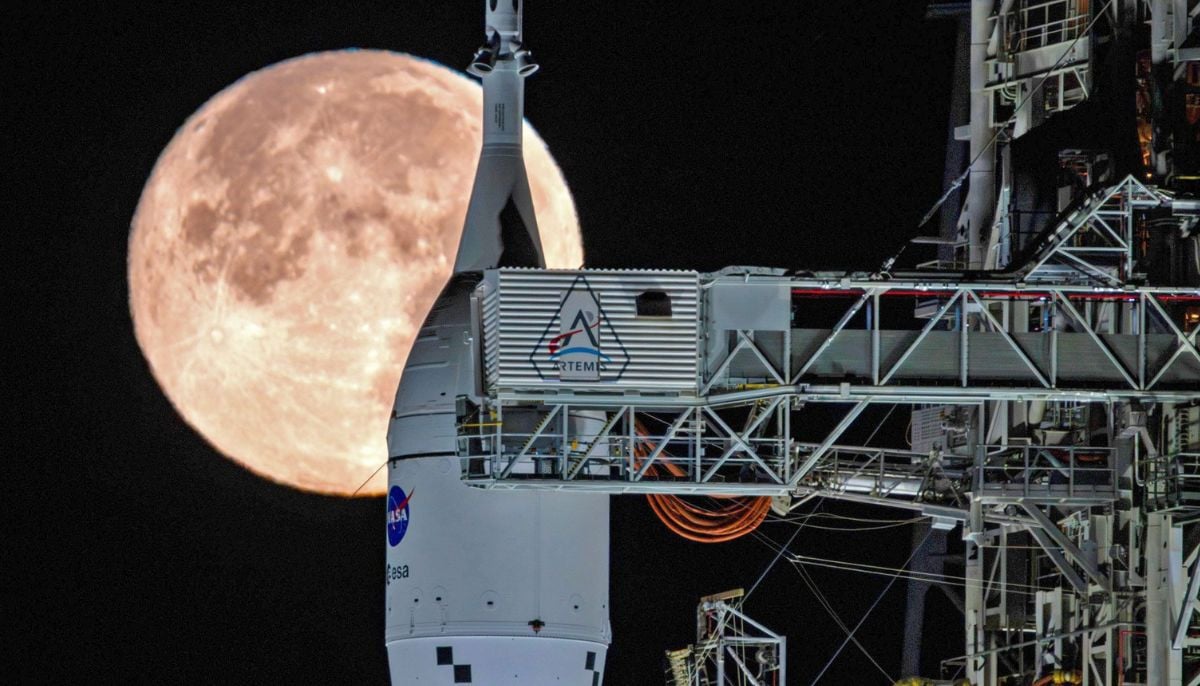VIDEO: Mark Zuckerberg's Metaverse interview shows how future meetings may look like
Mark Zuckerberg has described Metaverse as "future of humanity"
Mark Zuckerberg, the CEO of Meta, and podcaster Lex Fridman had a discussion about the possibilities of virtual reality in a new Metaverse interview using the most recent Meta technologies.
The interview took place after Zuckerberg's keynote address at Meta Connect 2023.
High-definition lifelike avatars were employed for the interaction between Zuckerberg and Fridman.
The interview illustrated how cutting-edge technology is influencing how people connect and communicate online because it was conducted totally in the metaverse.
Despite their physical distance from one another, Fridman and Zuckerberg appeared close to one another as photorealistic avatars in 3D with spatial audio, creating a realistic and immersive experience.
The realism of the metaverse astounded Fridman, who highlighted how it might completely alter how people connect online.
He saw that interactions were more meaningful since the avatars could accurately mimic human movement and subtle facial emotions.
"It feels like the future. This is truly, truly incredible," Fridman remarked.
Process of creating ultra-realistic avatars
The method used to achieve such photorealism was touched upon in the conversation.
In order to do research on codec avatars, Meta had comprehensive scans performed on each subject.
These scans, which captured a range of facial expressions, were then utilised to build computer models of the subjects' heads and bodies.
When compared to conventional video calls, the avatars are far more bandwidth-efficient because these models were compressed and sent as data.
"It captures everything. Perfection isn't what leads to immersion; it's the little subtle flaws," Zuckerberg said.
Attributing these defects to a more immersive experience than perfection would, Zuckerberg and Fridman emphasised how the metaverse avatars preserved imperfections and minute details.
Zuckerberg also discussed the technology's potential accessibility in the future.
Although the scanning procedure is time-consuming at the moment, Zuckerberg explained Meta's plan to speed it up.
In the future, people will be able to quickly and easily build high-quality avatars using their smartphones, opening up the metaverse to a larger user base.
Zuckerberg also emphasised on the future applications of this technology.
He said, "Stuff like that is going to be super powerful. So we’ve got to still build out all those applications and the use cases around it. But I don’t know, I think it’s going to be a pretty wild next few years around this."
"The thing that you can do in the Metaverse that is different from what you can do on a phone is doing stuff where you're physically there together and participating in things together," Zuckerberg noted.
Zuckerberg emphasised that the metaverse gives up new opportunities for shared physical experiences, like gaming and meetings, and is not only restricted to video conversations.
The metaverse may unite the actual and virtual worlds as augmented and mixed reality technology develop, enabling photorealistic avatars to interact naturally in a variety of settings.
-
Sun appears spotless for first time in four years, scientists report
-
SpaceX launches another batch of satellites from Cape Canaveral during late-night mission on Saturday
-
NASA targets March 6 for launch of crewed mission around moon following successful rocket fueling test
-
Greenland ice sheet acts like ‘churning molten rock,’ scientists find
-
Space-based solar power could push the world beyond net zero: Here’s how
-
Hidden ‘dark galaxy' traced by ancient star clusters could rewrite the cosmic galaxy count
-
Astronauts face life threatening risk on Boeing Starliner, NASA says
-
Giant tortoise reintroduced to island after almost 200 years











